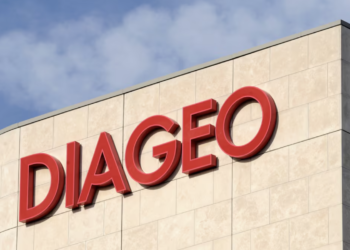For decades, life insurance was one of the most uneventful corners of finance, dull by design, built to provide stable long-term savings and protection against uncertainty. But in recent years, that image has been shaken globally, as private equity (PE) firms have quietly taken over large chunks of the insurance industry, turning premiums into a powerful engine for risk-taking and leveraged bets. While much of this story has played out in the United States, the implications for Kenya and the wider African insurance market are significant.
The model is deceptively simple. Private equity groups, once reliant on external investors such as pension funds and family offices, now acquire life insurers outright. By doing so, they not only gain access to sticky long-term premiums, often invested at government-bond-like yields, but also seize control of how these funds are deployed. Globally, this has meant channeling insurance money into private credit, collateralized loan obligations (CLOs), and other structured products. In Kenya, where the insurance sector controls over KES 800.0 bn in assets, the temptation to replicate these strategies is only growing.
Why does this matter for Kenya? Because local insurers are already under pressure. Penetration remains below 3.0% of GDP, among the lowest in Africa, with profitability squeezed by weak uptake and heavy competition. For private equity firms seeking long-term, relatively cheap capital, Kenya’s insurers could look like attractive takeover targets. In fact, we have already seen an uptick in regional interest from global investors in East African financial services.
The concern is that PE-owned insurers tend to shift portfolios toward riskier, illiquid assets. Studies from the US show that after acquisition, insurers often increase exposure to private credit and structured securities while simultaneously exploiting regulatory gaps to lower their capital requirements. The returns look better on paper, but expected losses also rise. For consumers, this means that in the event of an economic downturn, policyholders could find themselves more exposed than they realized.
Kenya’s regulatory environment may provide some buffers, but it is far from watertight. The Insurance Regulatory Authority (IRA) has tightened risk-based capital rules, yet differences across jurisdictions and the growing use of offshore reinsurance, create opportunities for regulatory arbitrage. Already, Bermudian reinsurers have become popular globally for their lighter treatment of illiquid assets, raising the question of whether Kenyan insurers might one day cede risks offshore in ways that weaken local oversight.
There are also broader systemic risks. If insurers begin to channel a large portion of premiums into private credit, particularly loans linked to affiliated companies, the financial system becomes more interconnected and fragile. A single corporate failure could ripple through balance sheets, leaving policyholders, pensioners, and even the banking sector exposed. The cautionary tale of 777 Partners, a US investment group whose insurance affiliates were forced into regulatory intervention after reckless lending, is a stark reminder.
Still, it would be simplistic to view PE involvement as entirely negative. Greater dynamism, deeper credit markets, and innovative investment strategies could ultimately benefit Kenya’s insurance customers through better products and returns. The key lies in balancing opportunity with resilience.
















